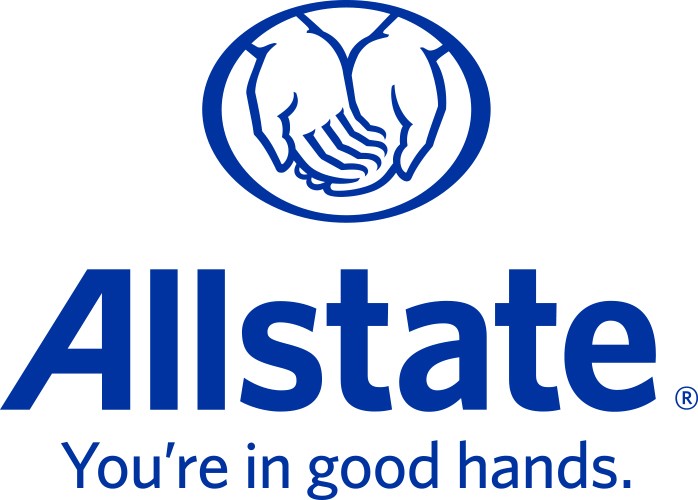[ad_1]
Through Maria Sassian, Triple-I consultant
Even before the pandemic and “the great resignation”, insurance was faced with a “lack of talent”. Part of the challenge has been finding replacements for a rapidly retiring workforce, as the Median age of insurance company employees is higher than in other financial sectors.
The industry also needs new skill sets to tackle rapidly evolving risks and accelerate digital advancements.
A large American employer
Insurers employ nearly 3 million people in the United States, many of whom work in insurance-specific jobs, such as adjusters, insurers, risk managers, and agents. Many other workers – like accountants, human resource managers, or data analysts – could work in many different industries.
Fulfilling specific insurance roles has been a particular challenge. When Triple-I’s insurance manager, Dale Porfilio, worked in personal insurance for major carriers, businesses routinely experienced staff shortages in claims and underwriting – two of the largest workforce in a company. multi-risk insurance. The shortages were mainly due to companies struggling to replace retiring adjusters. A similar need existed for underwriting, as people early in their careers commonly used their insurance position as a stepping stone to other opportunities.
The industry also competes with other sectors for tech talent, especially for digital, design, data and analytics roles, according to McKinsey, and to bring new capabilities into the business. During the pandemic, insurers have quickly and successfully moved many of their interactions with customers to digital channels. While this shows the industry’s potential for rapid digitization, according to an EY report, the pandemic revealed gaps in digital capabilities, particularly in products, distribution and the need to upgrade existing systems.
Not all businesses face the talent shortage equally. Grinnell Mutual, based in Grinnell, Iowa – a rural area of about 10,000 people – has below-average revenue, according to Brian Delfino, vice president of direct claims at Grinnell. Many employees have been with the company for over 15 years. During the pandemic, Grinnell Mutual adopted a “work from anywhere” policy and is now able to attract talent from further afield.
The impact of automation
A McKinsey study assessed the potential impact of automation on functions such as underwriting, actuarial, claims, finance and operations in major US and European companies. He found that 10-55% could be automated over the next decade. This will not necessarily lead to staff reductions and may free employees from routine tasks to perform higher value-added activities.
McKinsey predicts that automation will accelerate needed skills changes in unprecedented ways: the need for technology skills will increase by 55% from 2021 to 2030, while the need for basic skills like data entry will decrease by 15%.
As knowledge work is automated, the workforce will need more creativity, critical thinking and social intelligence to shape and guide them.
Insurance executives polled by McKinsey said underwriting would not only become more technical, but also require more social skills and flexibility. Interviewees said that processes focused on automation and analysis will produce a greater need for soft skills to shape and interpret quantitative results. Adaptability will also become more important for underwriters to remain responsive to changing risks and to learn new techniques as technology evolves.
Further training and re-qualification
Brilliant people with raw talent, energy, and adaptability are excellent candidates for in-house training. Denise campbell, senior vice president of Marsh, graduated from New York University with a major in music technology. She joined AIG as an administrative assistant and, when offered a promotion, confessed to her manager that she had no experience in the field.
“We can teach you the skills you need to do the job,” retorted his manager, “but we can’t teach someone to be you.”
Retraining and development are essential to meet future talent needs of insurers, as hiring from outside is expensive and time consuming. Replacing an employee can cost more than 100% of the position’s annual salary, while a successful retraining can cost less than 10%, according to McKinsey.
“As the growth of digitization moves so rapidly, a workforce that is agile and constantly open to recycling is crucial,” said Franck Tomasello, executive director of the Griffith Foundation Institutes.
A good learning and development program will incorporate the latest knowledge on adult learning methods and combine in-person, digital and, especially important, on-the-job learning, where 80% of adult learning takes place. Institutes – a leading provider of insurance training – develops courses based on the latest knowledge about how people learn, incorporating videos and animations and breaking learning down into manageable chunks. Triple-I is a subsidiary of The Institutes.
Diversity and innovation
Insurers do diversity and inclusion a priority, and there are many reasons to do so: Research indicates that more diverse companies tend to perform better; customers increasingly prefer companies that display values such as social equity; and a more diverse workforce is more attractive to workers.
The industry has long recognized the valuable role internship programs play in their search for new talent. Grinnell Mutual has a best ranking co-op and internship program that attracts recruits from many Iowa universities.
Getting into high schools and starting to reach potential employees early is another valuable step in building a talent pool.. Nicole riegl, president of the Group of agents and brokers at The Institutes, is a member of the board of Invest℠ an organization that connects insurance professionals with teachers. Invest volunteers visit the classroom to teach students about insurance and share their professional experiences.
And recently, the insurance giant, Zurich North America plans announced hire apprentices in at least nine cities, as well as in some agricultural areas where Zurich’s crop insurance business operates.
“We are developing the Zurich Apprenticeship Program because apprentices brought value to our company from the start, ”said CEO of Zurich North America Kristof terryn. “This is a source of talent that has proven its worth and versatility in many different market conditions, including during the height of the pandemic, when we expanded our program from our head office in the suburbs of Schaumburg to New York City. ”
As the industry evolves, it can continue to leverage one of its greatest strengths in attracting talent: its appeal to people drawn to work that emphasizes people relationships. The industry’s role as the first financial responder that helps people get back on their feet after a disaster and as a provider of sophisticated financial instruments that encourage responsible risk taking, is sure to continue to attract people looking for rewarding work.
[ad_2]
Source Link






